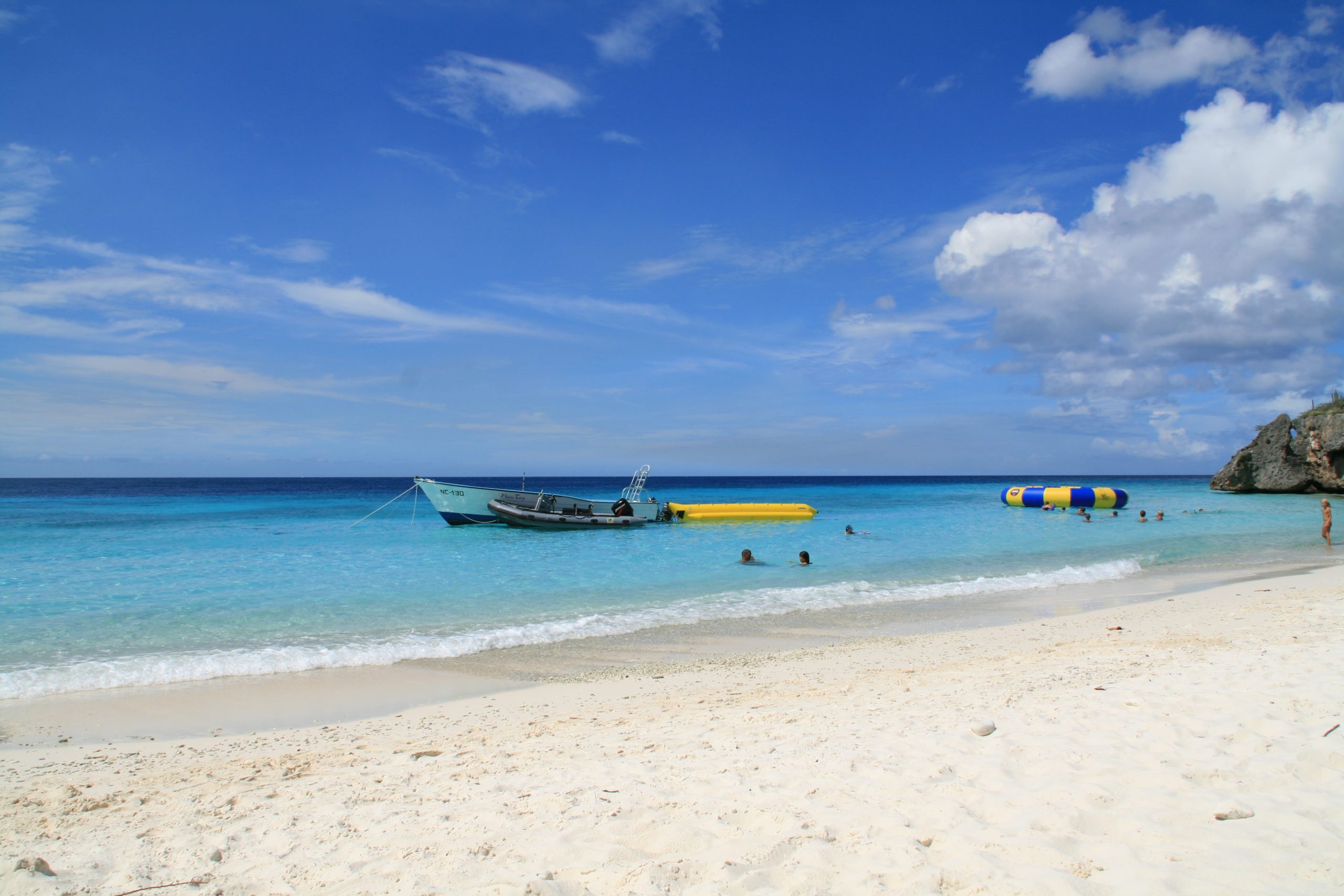Photo by Lucas Swennen
A study published by the Inter-American Development Bank (IDB) suggests that for Caribbean tourism to fully recover from the pandemic it will need to innovate and adapt its product to meet changing global demand.
Speaking about the report, ‘Imagining a Post-COVID Tourism Recovery: A Regional Overview’, Olga Gómez, the IDB’s lead tourism specialist said that it is no longer enough to depend on the lure of beaches. “Tourism destinations need to invest in improving their competitiveness, aligning their tourism products to the broader local and global economic trends, and exploring new and traditional emerging market segments”.
The report suggests that public and private sector policy and investment agendas should give greater priority to the changing preference of travellers for nature-based tourism and experience related travel, observing that this makes it more important that the region protects its natural assets, environmental sustainability, and adapts to climate change.
The report also updates IDB’s comprehensive Tourism Dependency Index, observing that of the world’s 15 most tourism dependent economies, eight are in the Caribbean, led by Aruba (ranked first in the world, with a score of 80 out of a possible 100 on the index) with The Bahamas (6th), Barbados (11th), and Jamaica (13th) now joining the list. The others are Grenada (4th); Antigua (5th); St Lucia (7th); Dominica (9th); with Belize in 15th position.
The regional overview considers the key drivers of tourism demand in the short term, including the evolution of the pandemic, the COVID-19 vaccination roll-out both in the region and in its principal visitor markets, the economic environment in source countries, the split between business versus leisure tourism, and airline capacity, among the factors affecting recovery.
Concluding that it is unlikely that a ‘V-shaped’ tourism recovery will occur, IDB suggests that the most likely scenario is a recovery timeframe between 2.5 to 4 years to return to pre-COVID-19 levels of tourism arrivals and expenditure. It suggests however that the Caribbean could either lead or lag global recovery, depending upon the specific circumstances in the region’s main source markets and in Caribbean destinations themselves. This, it suggests, will see volatility persist in the Caribbean’s path to recovery and it is likely that affected firms and workers will need continuing support.
The report recommends as several responses. These include:
• A common approach to visitor safety strategies and coordination to ensure a common approach and a common brand for safe Caribbean destinations.
• Broadening market intelligence beyond the use of traditional statistics to include analysis of realtime travel bookings, tourism expenditure data and consumer sentiment surveys.
• Adjusting the tourism product to new consumer preferences if Caribbean destinations are to fully participate in an eventual global tourism recovery; the subject it notes of future IDB research.
• Prioritising accessibility for the destination’s main target markets, based on thorough market intelligence analysis.
• A greater emphasis on the preservation of natural, cultural, and heritage attractions as ‘an essential element to improve tourism competitiveness’, and a focus on high levels of traveller interest in ecotourism and ‘global nomadism’ among millennials.
• The development in the medium to long term of new tourism products to match evolving global tourism demand, including a greater emphasis on eco-tourism, cultural tourism, remote working tourism, educational tourism, and retirement tourism, in the latter case linked to well-being and medical tourism.
IDB also place emphasis on other changes it believes are necessary to ensure that Caribbean tourism fully recovers and remains competitive, including improved supply chain efficiencies, better destination management, and the recognition that the adoption of communication and information technologies are not optional but ‘an immediate necessity’.
Unusually, IDB also looks at business travel in relation to the Caribbean. It says that compared with the worldwide corporate travel average of 22% of all visits made, in the six Caribbean countries that the IDB surveys -The Bahamas, Barbados, Guyana, Jamaica, Suriname, Trinidad – the comparable figure was 19% ranging from 11% in The Bahamas to 36% in Suriname.
It notes that newly adopted teleworking practices have permitted most companies to considerably reduce their operating costs, and that business travel seen globally and in the Caribbean may be maintained. It also suggests that leisure and business travel decisions my also respond to increased awareness of the impact of travel on climate change.
More positively for the sector, it notes that the pandemic has created a new niche demand segment, the ‘digital nomad’ and the development by Barbados and other Caribbean nations of programmes allowing the temporary longer-term migration of professionals able to telecommute. It concludes, however, that international business travel will take longer to rebound than leisure travel, but it remains uncertain which business travel segments will be affected.
The 20-page report including its analysis of the main drivers of Caribbean and global tourism recovery
and extensive related tables and statistics can be accessed at the start of the IDB’s quarterly Caribbean
economic bulletin :
Issue-1-May-2021.pdf
This is a lead article from Caribbean Insight, The Caribbean Council’s flagship fortnightly publication. From The Bahamas to French Guiana, each edition consists of country-by-country analysis of the leading news stories of consequence, distilling business and political developments across the Caribbean into a single must-read publication. Please follow the links on the right-hand side of this page to subscribe, or access a free trial.






